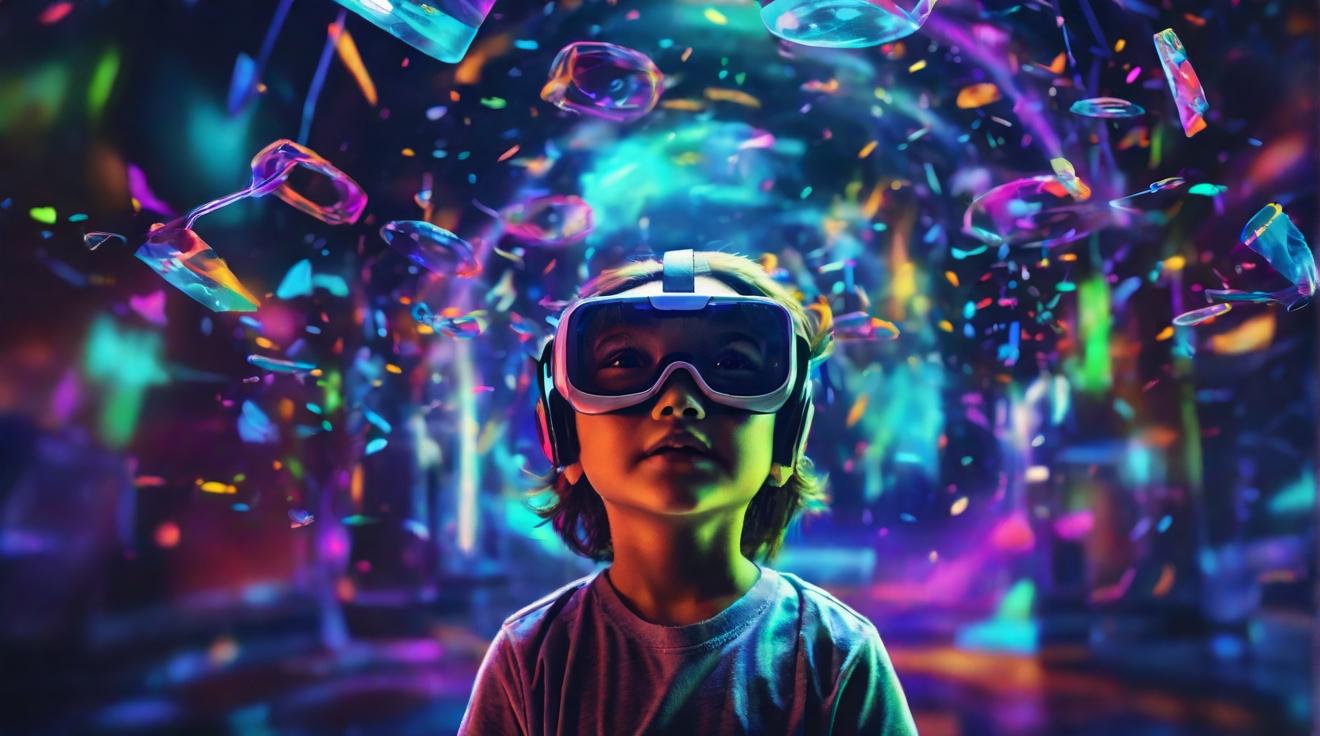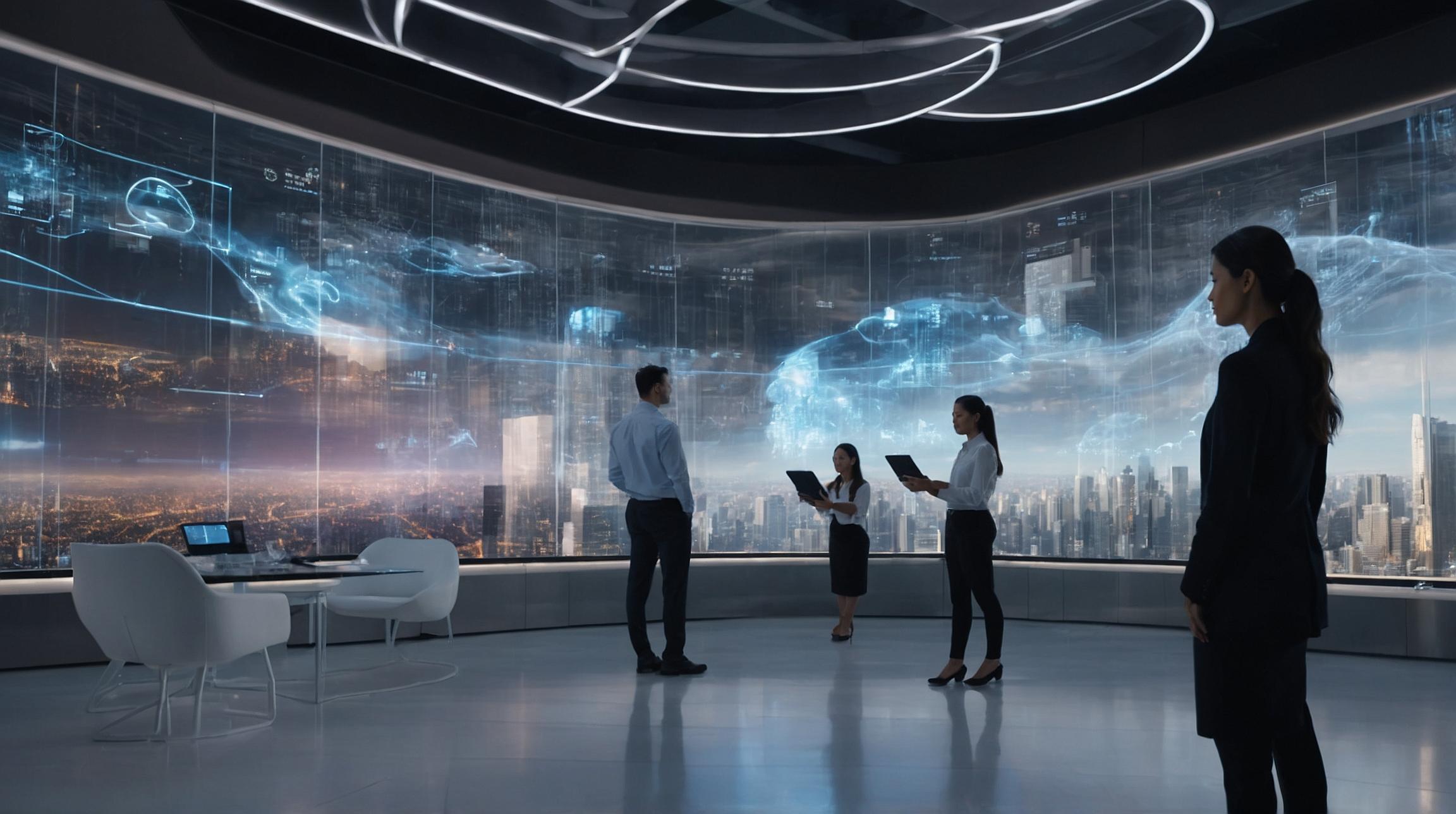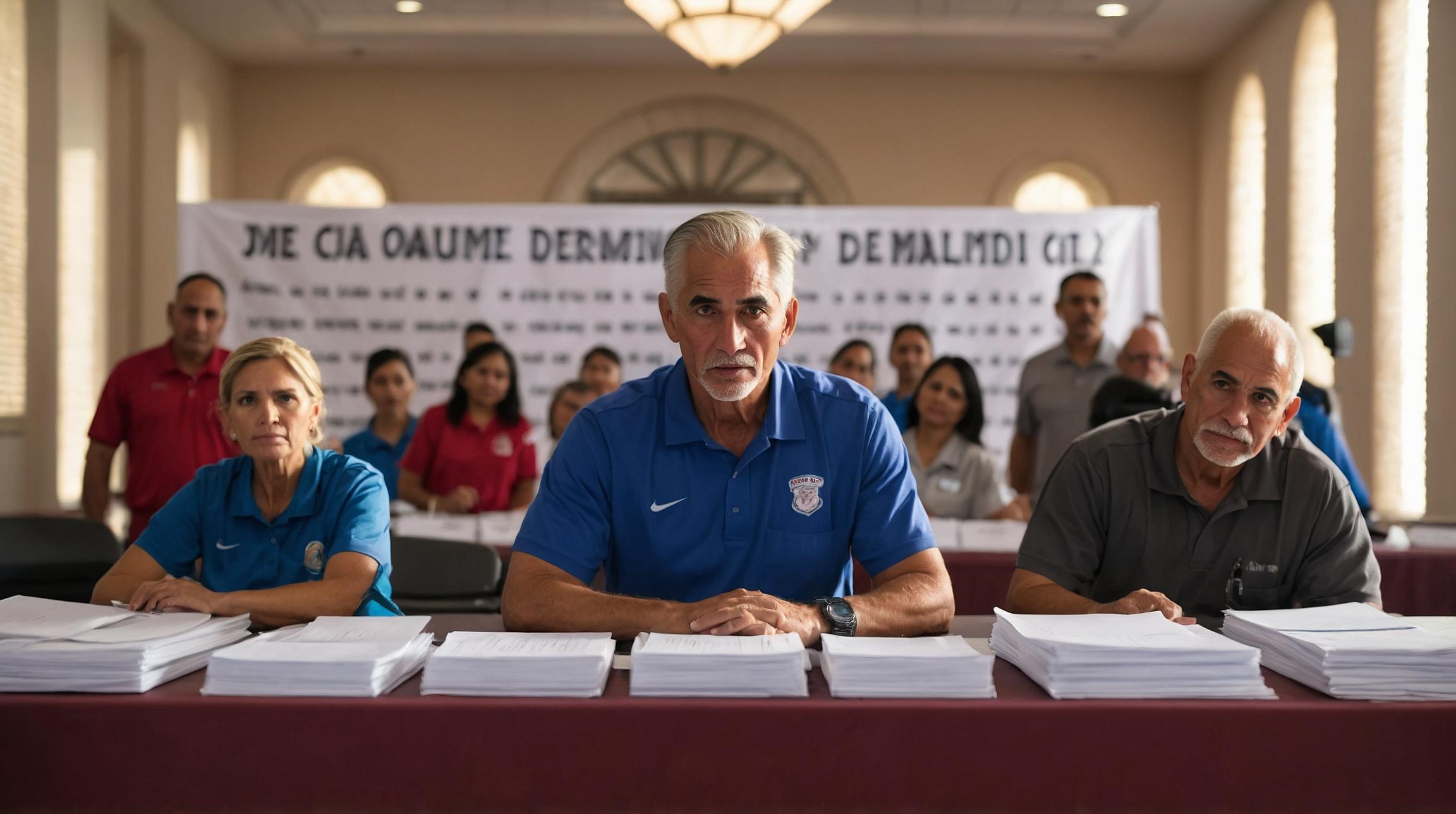Edinburgh children’s hospital introduces virtual reality headsets to prepare young patients for surgery
An Edinburgh children’s hospital has become one of the first in Scotland to use a virtual reality headset to help children prepare for surgery. Patients at the Royal Hospital for Children and Young People (RHCYP) will now be able to prepare for surgery through an immersive virtual reality (VR) experience.
How virtual reality helps children in preparing for surgery
Isla from Edinburgh had surgery at the RHCYP to lengthen her left leg which had developed to be 8cm shorter than her right. She underwent an initial 8-hour surgery where her leg was broken and then encased in a brace which screwed 26 metal pins into her leg.
Every day, her mum Annabelle had to turn the pins to move Isla’s bones further apart, encouraging a ‘ghost bone’ to grow in between.
Isla said: “When I was a little younger and virtual reality wasn’t used in hospitals yet, it was hard to visualise what would happen before my operations by chatting it through.
After the operation, Isla’s leg grew 7cm in just seven weeks. She has since had had a further 9 surgeries and spent a full year learning to walk again under the guidance of physiotherapists at the RHCYP.
The role of virtual reality film in the pilot
Under Isla’s guidance, the VR film features the Clowndoctors who are about to undergo surgery at the RHCYP. Alongside the help of NHS Lothian staff, the Clowndoctors showcase a virtual walk through of the pre-operation journey; from the surgical ward, into the anaesthetic room and then into theatre.
Isla used her own experiences to help the Clowndoctors outline every step of the process and put the minds of younger patients at ease.
The film, which was produced by filmmakers Neon8 who initiated the project with Hearts & Minds, uses cutting-edge technology which enables patients to have a gentle immersive viewing experience while remaining seated or reclined.
The VR pilot is being rolled out within the hospital and will be managed by Play Specialists who generally prepare children for surgery.
Reactions and future prospects of the VR pilot
Allister Short, Director of Women’s and Children’s Services at NHS Lothian, said: “I would like to especially thank Isla and her family alongside our staff and charity partners who helped to craft this extraordinary VR film.
“When a child is about to have surgery, it is often an emotionally unsettling time for the entire family. It’s hoped that the VR headsets will help to alleviate patient’s anxieties before a procedure takes place.
Rachel Colles, Co-Artistic Lead, Hearts & Minds, said: “I first tried a VR headset when running a research project for children exploring virtual reality theatre with Neon8. It was fantastic to see the children’s responses and excitement with this medium and it occurred to us that we could use this in our work as Clowndoctors.
Jane Greenacre, Head of Programmes, NHS Lothian Charity, said: “We are delighted to have funded five VR headsets which aim to reduce children’s worries before they undergo surgery.
“The VR headsets will enable children and their parents to complete a virtual walk through of what will happen at each step of their pre-operation journey.
“This is a great example of how NHS Lothian Charity works with NHS Lothian colleagues and third sector partners to support ideas that improve the experience of patients and their families across the Lothians.
Analyst comment
Positive news: Edinburgh children’s hospital introduces virtual reality headsets to prepare young patients for surgery.
As an analyst, I predict that the market for virtual reality headsets in hospitals will grow as more medical facilities recognize the benefits of using this technology to alleviate patients’ anxieties before surgery. This could lead to increased adoption of VR headsets in other hospitals and medical institutions.













